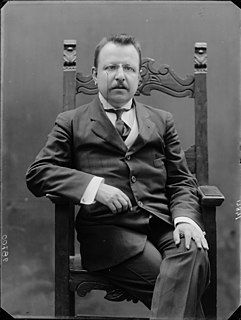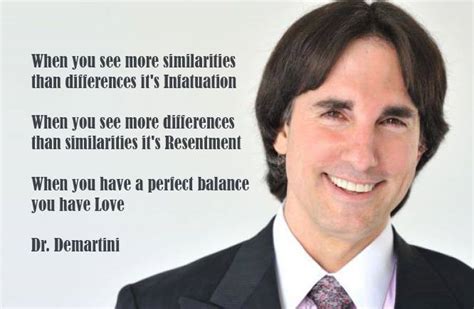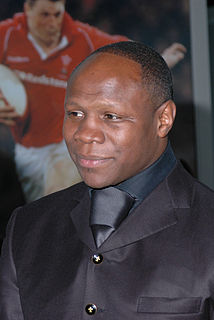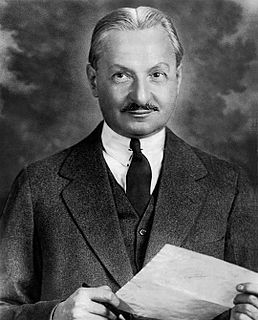A Quote by Lucius Annaeus Seneca
For many men, the acquisition of wealth does not end their troubles, it only changes them.
Related Quotes
The reason is that nature has so created men that they are able to desire everything but are not able to attain everything: so that the desire being always greater than the acquisition, there results discontent with the possession and little satisfaction to themselves from it. From this arises the changes in their fortunes; for as men desire, some to have more, some in fear of losing their acquisition, there ensues enmity and war, from which results the ruin of that province and the elevation of another.
He who does the most good is the greatest man. Power, authority, dignity, honors, wealth and station--these are so far valuable as they put it into the hands of men to be more exemplary and more useful than they could be in an obscure and private life. But then these are means conducting to an end, and that end is goodness.
There's nothing wrong with possessions; it's just that they have value to us only when we use them, engage them, and enjoy them. They're nouns that mean something only in conjunction with verbs. That's why wealth is so dangerous: if you're not careful you can easily end up with a garage full of nouns.
The art of wealth-getting which consists in household management, on the one hand, has a limit; the unlimited acquisition of wealth is not its business. And therefore, in one point of view, all riches must have a limit; nevertheless, as a matter of fact, we find the opposite to be the case; for all getters of wealth increase their hard coin without limit.












































